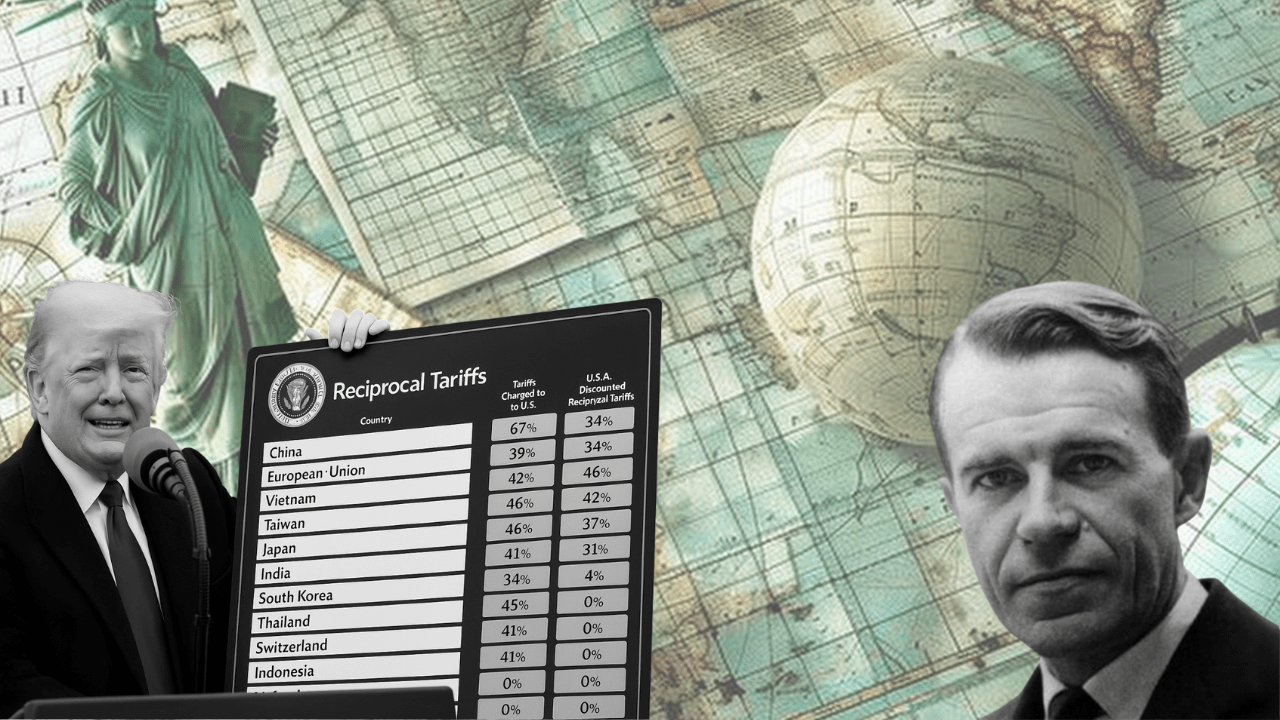International Trade and Human Stupidity
In this paper, we unpack the logic—and the unintended fallout—of the Trump administration’s tariff strategy. We present our analysis as an imagined conversation between President Trump and the late historian Carlo M. Cipolla. A paper by Marco Buti and Marcello Messori

-
FileInternational Trade and Human Stupidity.pdf (459.72 KB)
Executive Summary
On April 2, 2025, dubbed “Liberation Day” by the White House, the U.S. launched a sweeping tariff offensive that shook the foundations of the post-Bretton Woods global trade system. Overnight, average U.S. tariffs were rolled back to levels not seen since the early 20th century, surpassing even the infamous Smoot-Hawley Tariff Act of 1930, which many blame for deepening the Great Depression.
Since then, tariffs have been slapped on, tweaked, suspended, and reimposed in a dizzying cycle of general, sector-specific, and retaliatory measures. Governments, markets, and investors have been left scrambling to keep up with a chaotic, unpredictable trade policy. But this isn’t just about tariffs.
The trade war has come hand in hand with a broader assault on the institutions of liberal democracy. In the first 100 days of the Trump 2 administration, 143 executive orders were issued, compared to 99 by FDR in 1933. Unlike Roosevelt’s Congress, which passed 77 laws (including the 15 major pillars of the New Deal), Trump’s Congress passed just four. Meanwhile, dramatic cuts have gutted public funding for research, education, and social programs.
In this brief, we unpack the logic, and the unintended fallout, of the administration’s strategy. We do so through the lens of game theory (informally) and contract theory (implicitly), arguing that if trade partners respond with resolve, the U.S. is unlikely to achieve its stated goals. Yet even if these policies are reversed, the damage may not be undone. The dynamics of extended games mean we can't simply “reset”, structural harm to both the global economy and the U.S. itself may prove lasting.
To explore this further, we present our analysis through an unexpected lens: an imagined conversation between President Trump and the late historian Carlo M. Cipolla, whose “Laws of Human Stupidity” remain as relevant as ever. With irony as a tool, not a gimmick, we aim to uncover serious strategic lessons for European negotiators facing a volatile and uncertain world.
IEP@BU does not express opinions of its own. The opinions expressed in this publication are those of the authors. Any errors or omissions are the responsibility of the authors.

